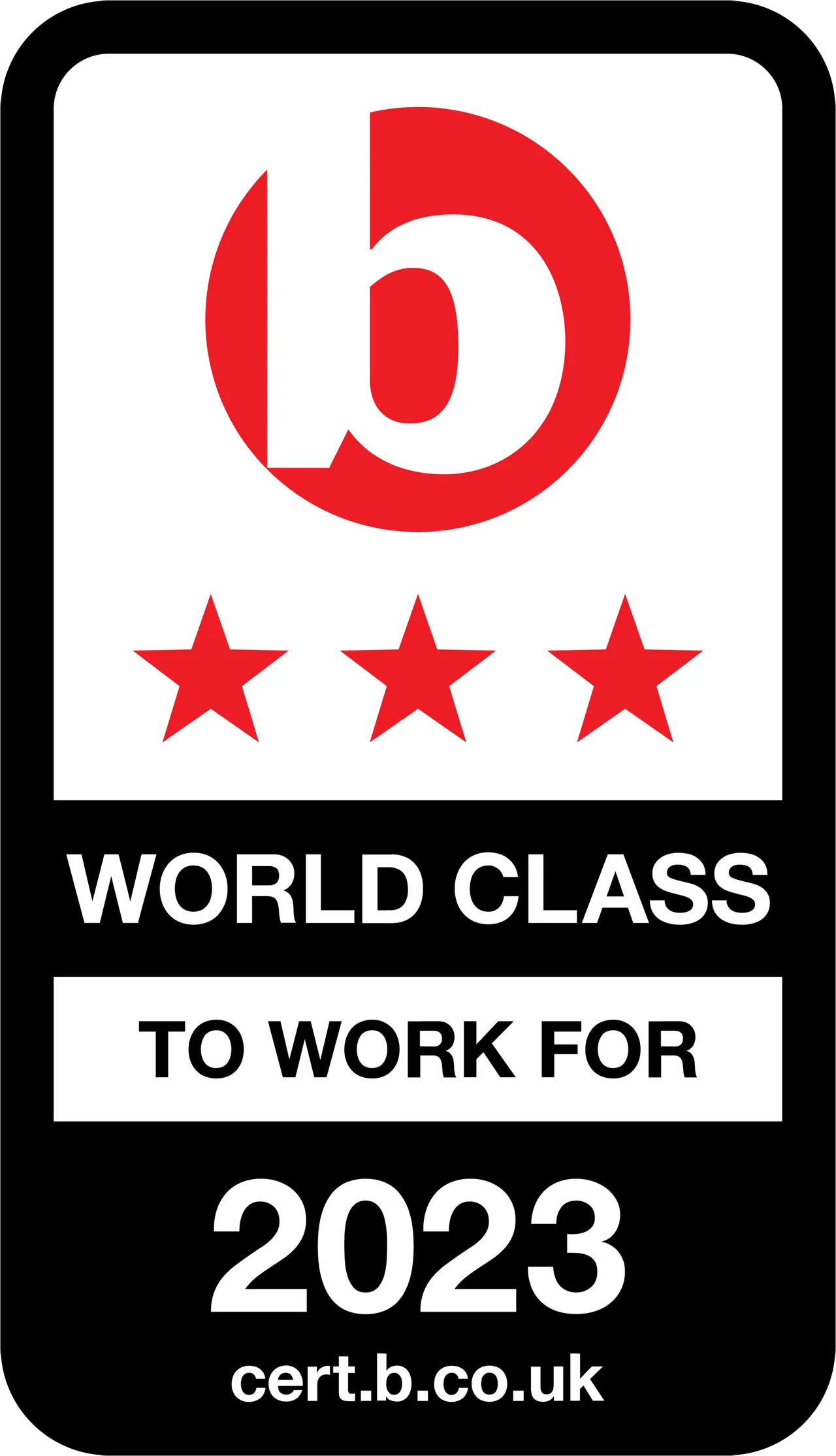The Most Hated Office Jargon in the UK
12 Feb, 20203 minutesWhat's the most overused office jargon in your office?Does your boss have an annoying habit ...

What's the most overused office jargon in your office?
Does your boss have an annoying habit of overusing a certain phrase that makes you want to run for the hills? If so, you are not alone and thanks to research from Psychology Today we now know why it makes us feel so angry! The research claims that “in highly political workplace culture, overused office-speak can quickly sound like toddlers who just learned a new word and endlessly repeat it - until everyone else wants to crawl out of their skin.
Keep reading for a list of the most hated office jargon.
Most Hated Office Jargon:
Touch base - 17.26% – “Let’s make contact” or “Check-in with each other.”
No brainer - 17.26% – “Obvious decision” or “Easily made decision.”
Outside the box - 17.06% – “Think creatively” or “Think in an unconventional way.”
Go the extra mile - 16.66% – “To do more than is expected of you.”
Blue sky thinking - 15.56% – “No limits.”
Game changer - 13.92% – “Significant shift in the current way of doing/thinking.”
Brainstorm - 13.47% – “Group discussion to produce ideas/solve problems.”
Ping an email - 13.02% – “Send you an email.”
e-meet you - 12.47% – “Great to be introduced.”
Thought shower - 12.37% – “Group discussion to produce ideas/solve problems.”
Other notorious sayings that irk the nation include 'paradigm shift', 'off piste', 'ideation', 'reach out', 'actionable', and 'move the needle'.
Office Jargon from around the world:
Here are five of the most bizarre examples of business buzzwords from around the world and what they actually mean in their local language:
- Now it’s about the sausage! (Jetzt's geht's um die Wurst! – origin Germany) – means ‘the final stages of a project’.
- Sliding in on a shrimp sandwich (Glida in på en räkmacka – origin Sweden) – means ‘to have things easy’.
- What does gingerbread have to do with a windmill? (Co ma piernik do wiatraka? – origin Poland) – means ‘what does one task have to do with another?’
- He cooked the fish on his lips (έψαχνε ένα ψάρι στα χείλη του / épsachne éna psári sta cheíli tou – origin Greece – means ‘he made his life difficult’.
- Nine cows, one hair (Jiu Niu Yi Mao – origin China) – means ‘a drop in the ocean’.
Looking for a new job? Click here for our job search.
Source: Recruitment Grapevine, Psychology Today, Premier Inn












